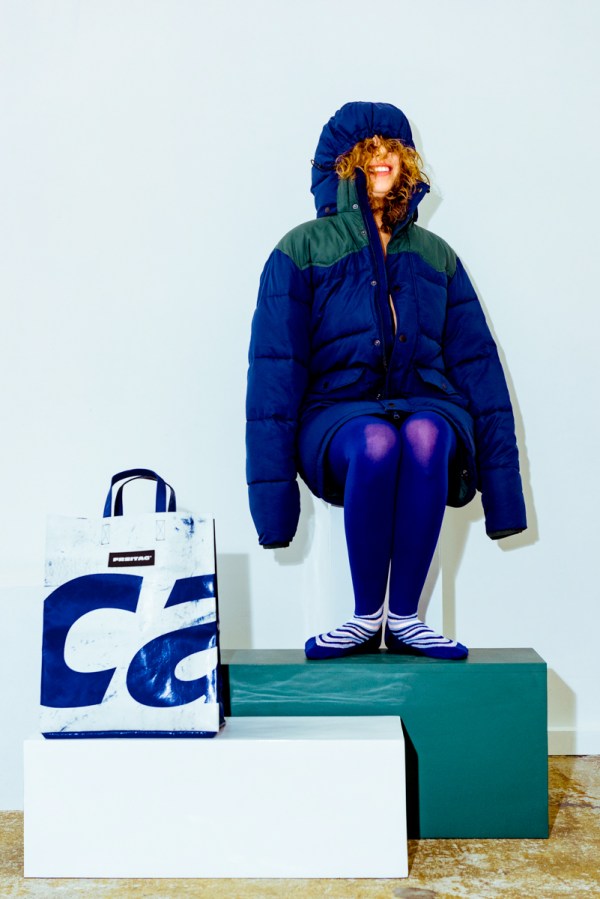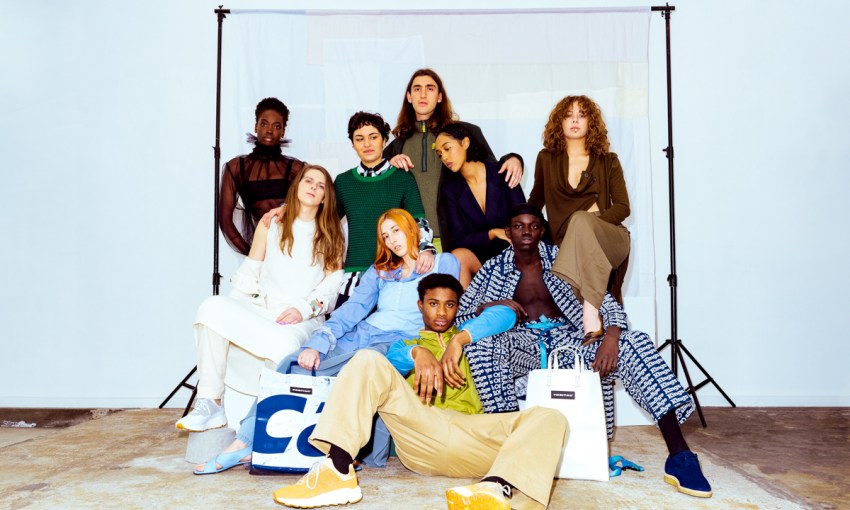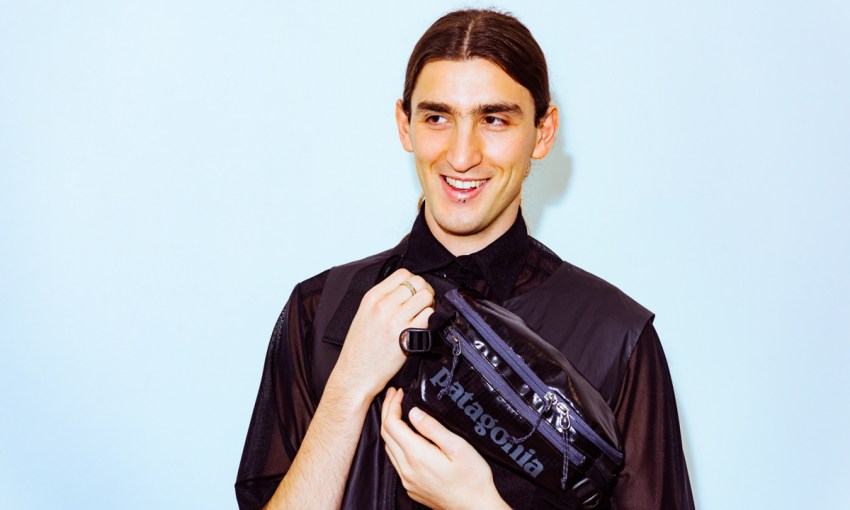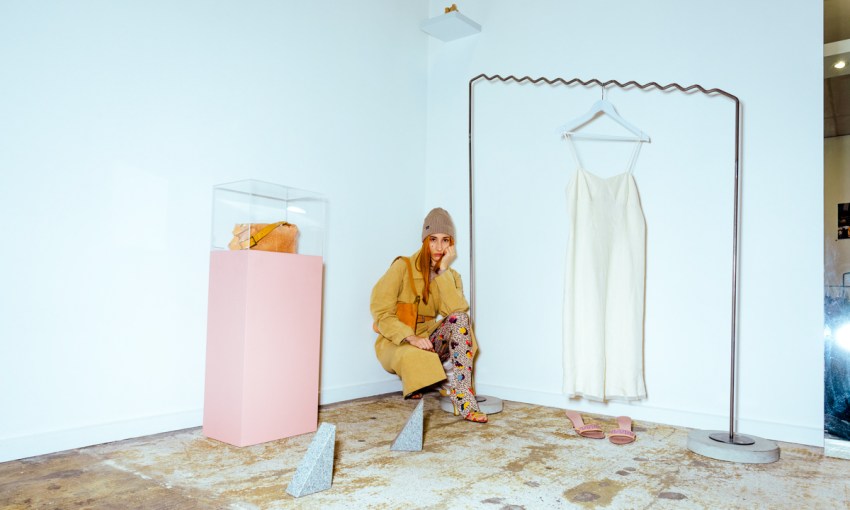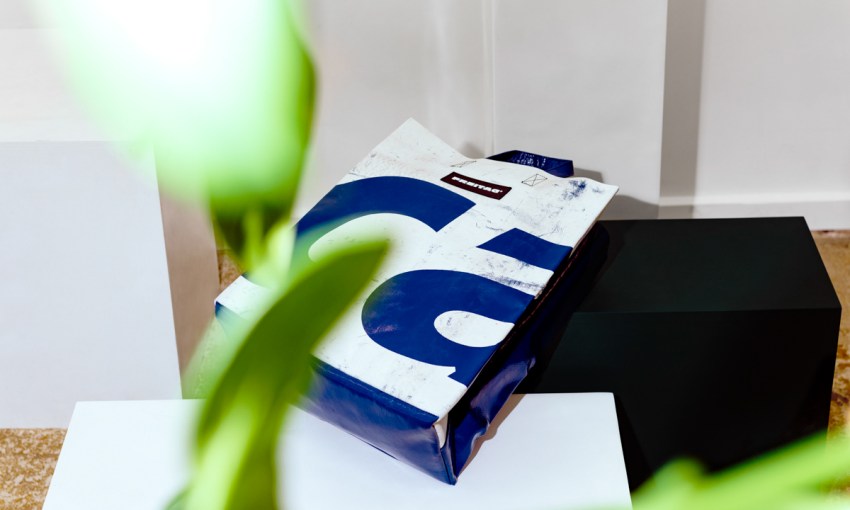Instead of pivoting towards a large conglomerate for backing, the independent thinkers and makers behind SLOW Fashion Festival are turning to local talent (and young people) to produce this year's sustainable garment showcase.
SLOW Fashion Festival returns in 2019
“SLOW Fashion Festival aims to be more of a holistic festival this year,” says Emily Sheahan of The Commons Studio and Exchange, who, along with RE-SWIM CLUB’s Natalie Ivanov and Anny Duff of GOOD STUDIOS, makes up the creative team behind SLOW Fashion Festival.
SLOW Fashion Festival
Multiple locations across the Adelaide CBD
20-27 September
Closing night event: Friday, 27 September
“SLOW won’t only be a one-day fashion runway showcase, but a week-long exploration into the different levels – of like industry, public and education – of sustainability, ethics and the whole movement of slow fashion.
“It’s closer to the roots of what we were trying to initially achieve.”
In May the Marshall Government announced it would axe all funding towards the Adelaide Fashion Festival (AFF), and the returning retail-focussed Vogue Festival would operate in its stead.
Although SLOW Fashion Festival enlisted Vogue fashion editor Philippa Moroney to style their showcase as part of AFF last year, Emily is excited for the SLOW team to regain creative control over the festival’s direction and intent.
“The move away from AFF made us all the more hungry to push this concept and event,” Emily says.
“We also felt that it was our time not to be overshadowed and stand on our own two feet, and say that we can proudly create something for us locally.”
SLOW has worked alongside local creatives like photographer Sven Kovac; Bent Agency, a creative agency aiming to offer representation for non-models; and Rin Models.
“It’s been really good having that direction given back to us,” Emily says.
Seven days of SLOW kicks off on Friday, 20 September (coinciding with the student-run global climate protest) and finishes on Friday, 27 September.
Throughout the week there will be an industry masterclass on circular fashion; a free mending workshop led by Teslin Doud from The Threads; a marketplace at Ensemble; a Q&A panel – including renowned chef Simon Bryant, Well Made Clothes’ Courtney Sanders, Keoma’s Nick Huges, SCR Group’s Alexis Todorovsky and Ken Long from the Australian Sustaiable Building Network; and a runway showcase at Myer Centre.
The closing showcase – held at a secret venue that has “never been used for a runway show before” – will be divided into three portions.
The first part of parade will include walks and looks from established labels. This year SLOW partnered with Well Made Clothes, an online marketplace stocking ethical fashion brands, which helped SLOW access labels such as Patagonia, Freitag, Veja, Kings of Indigo, Ofna Ovich, Arnsdorf and more.
The second part of the runway will explore archival vintage pieces.
And the final part of the fashion show will explore the concept of permanence and will feature fashion pieces submitted by the public. To be eligible for the runway, the publicly submitted look must be made from “dead-stock” (meaning a garment that won’t sell) or sustainable materials.
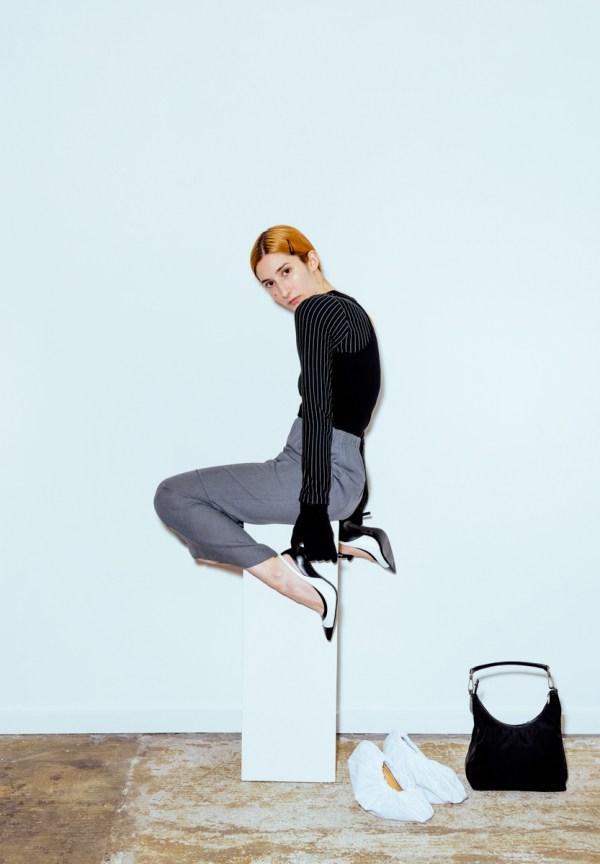
“We wanted to see what people could create,” says Emily.
“People probably have better talents than what we do, so why not give them that opportunity.
“We started that portion of the runway with TAFE SA previously, but we wanted to see what students or people out there with no limitations could make.”
Emily says the emphasis on young people for SLOW was unintentional. But she thinks the younger cohort has the power to “make a change” in regards to environmental sustainability through fashion.
“They’re also the ones who are going to seek the information on how to make any kind of change but don’t really know how to get there,” she explains.
“Education is a really important part for SLOW.”
Another important element for the fashion festival is integration of like-minded initiatives, says Emily.
The SCRgroup, a Melbourne-based enterprise that works to give donated clothes a second chance, will provide giant clothing donation pods in retail hotspots, such as Rundle Mall, from 20 September to 20 October.
This is to give individuals the opportunity to discard their unwanted clothing for reuse or recycling.
“It will be really interesting to see [how quickly it fills up],” says Emily.
“But we don’t want to blame and shame people because that doesn’t create productivity. We just hope they can be honest with it, and I’m sure they will be.”
SLOW Fashion Festival will run from Friday, 20 September to Friday, 27 September. Ticket prices have not been confirmed yet, but click here to stay up to date.
